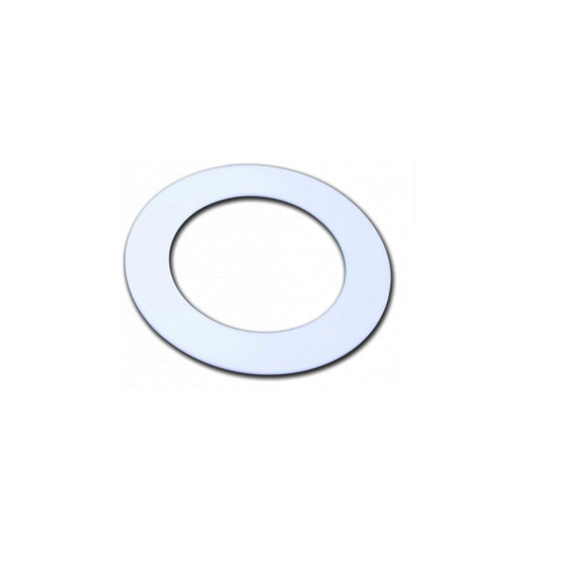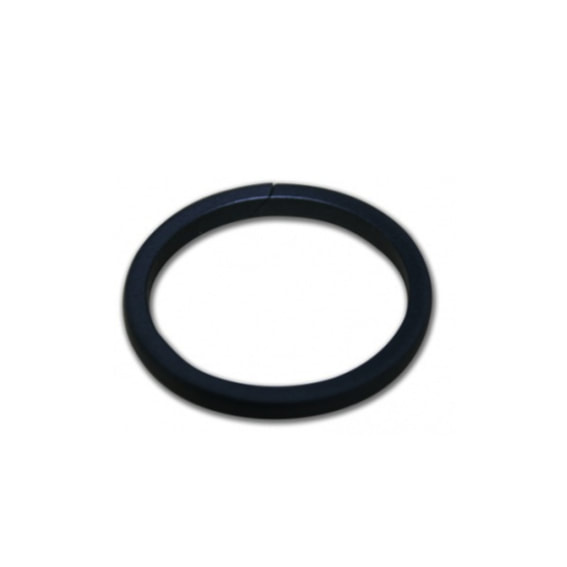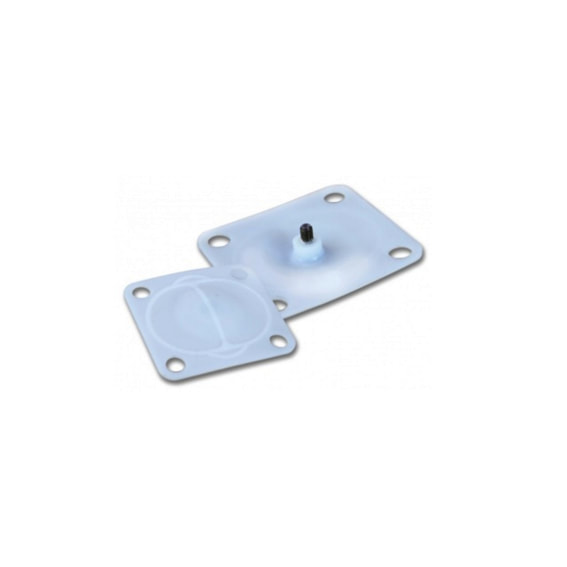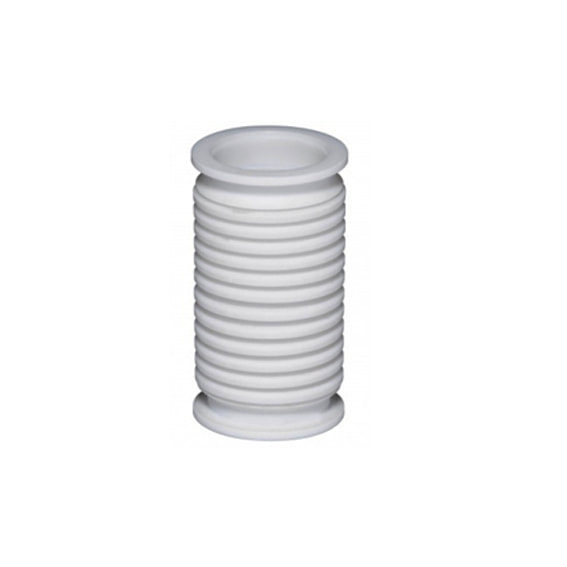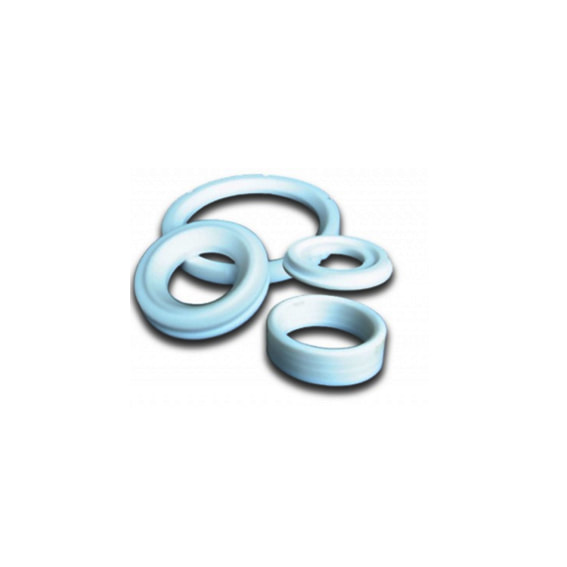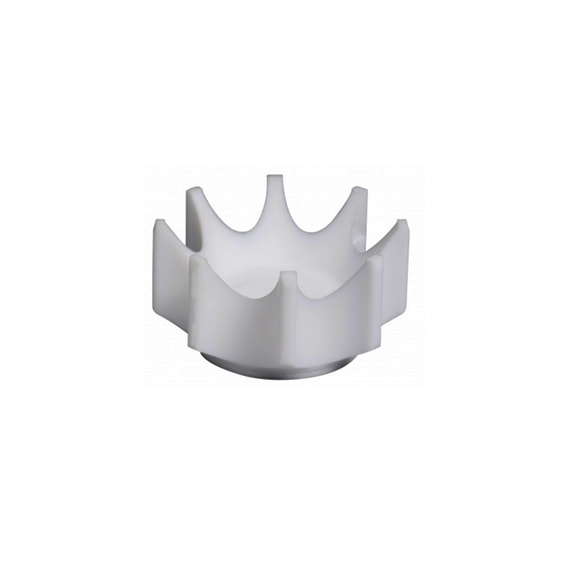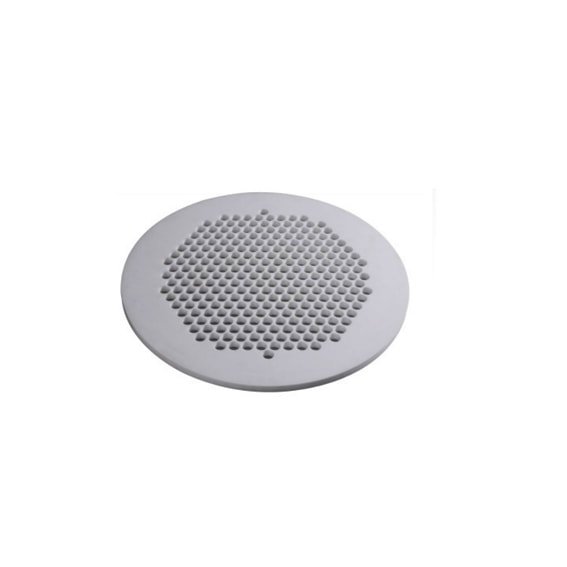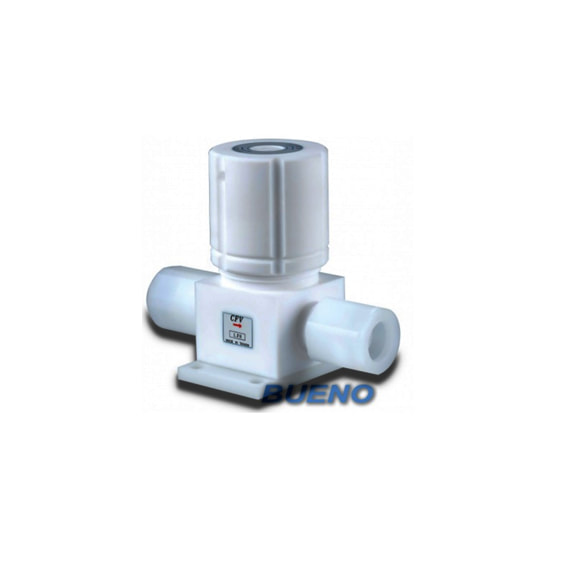BUENO is one of the oldest PTFE components makers in Taiwan experienced for over 50 years
BUENO has capability for manufacturing complete and provide total solution for related valve accessories starts from PTFE components, metal components, fitting, gasket, ball, seat and filler. Some but not limited to our part products are valve seats, seat inserts, PTFE cavity filler, PTFE cavity filled seats and seats for all types of valves including threaded valve, flange ball valve, clean valve. PTFE seats and seals has been manufactured in BUENO TECHNOLOGY for over 50 years. While PTFE seats are important in valves and fluid control is because sealing surface of PTFE seat is not machined well, it will affect the valve and cause valve leakage which is disasters in piping industry. We welcome you to provide PTFE seat drawings for quotation. Our production facility has KTW approval, compliant to DVGW W 270 and WRAS approved.
PTFE is a thermoplastic polymer, which is a white solid at room temperature, with a density of about 2200 kg/m3. According to research, its melting point is 600 K (327 °C; 620 °F). It maintains high strength, toughness and self-lubrication at low temperatures down to 5 K (−268.15 °C; −450.67 °F), and good flexibility at temperatures above 194 K (−79 °C; −110 °F). PTFE gains its properties from the aggregate effect of carbon-fluorine bonds, as do all fluorocarbons. The only chemicals known to affect these carbon-fluorine bonds are highly reactive metals like the alkali metals, and at higher temperatures also such metals as aluminum and magnesium, and fluorinating agents such as xenon difluoride and cobalt(III) fluoride. At temperatures above 650–700 °C (1,200–1,290 °F) PTFE undergoes depolymerization.
For our metal parts products, please refer to our Metal Accessories section.
PTFE is a thermoplastic polymer, which is a white solid at room temperature, with a density of about 2200 kg/m3. According to research, its melting point is 600 K (327 °C; 620 °F). It maintains high strength, toughness and self-lubrication at low temperatures down to 5 K (−268.15 °C; −450.67 °F), and good flexibility at temperatures above 194 K (−79 °C; −110 °F). PTFE gains its properties from the aggregate effect of carbon-fluorine bonds, as do all fluorocarbons. The only chemicals known to affect these carbon-fluorine bonds are highly reactive metals like the alkali metals, and at higher temperatures also such metals as aluminum and magnesium, and fluorinating agents such as xenon difluoride and cobalt(III) fluoride. At temperatures above 650–700 °C (1,200–1,290 °F) PTFE undergoes depolymerization.
For our metal parts products, please refer to our Metal Accessories section.

